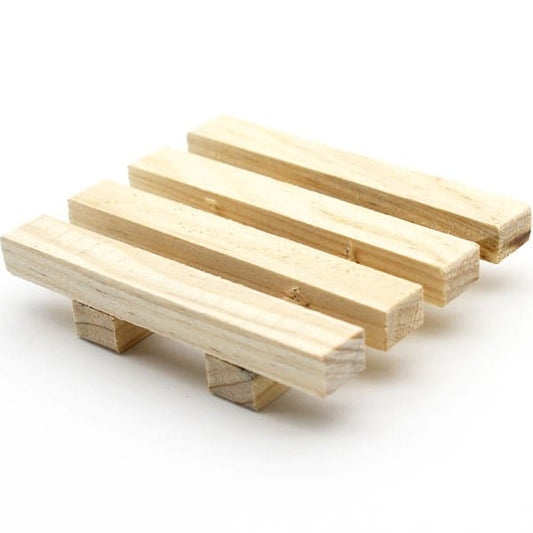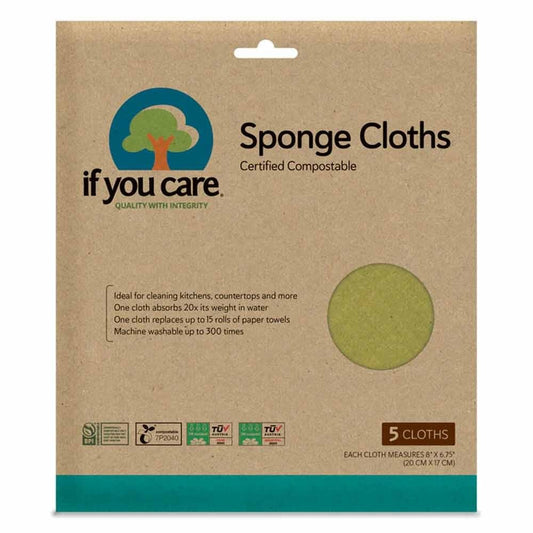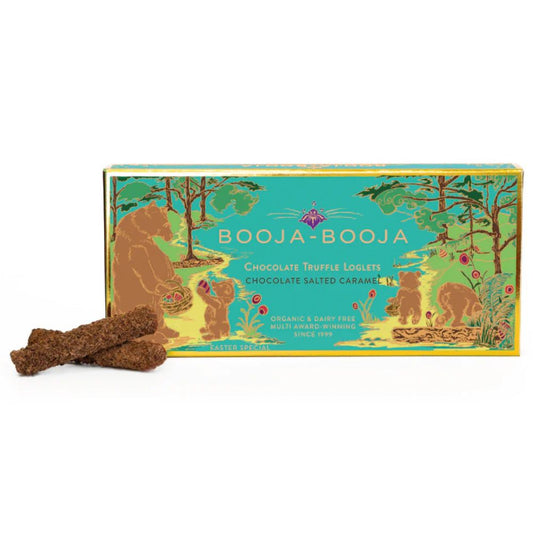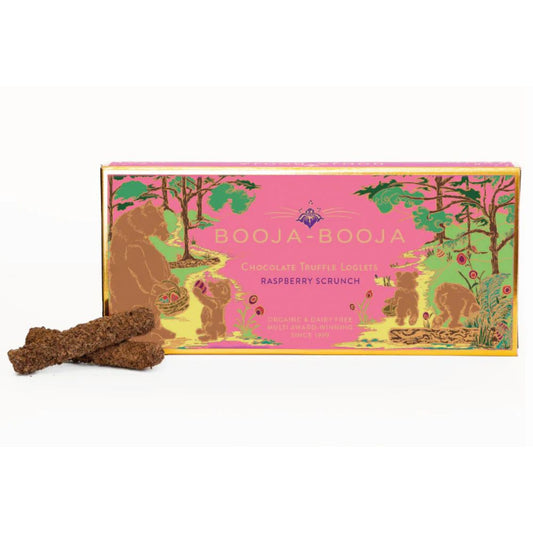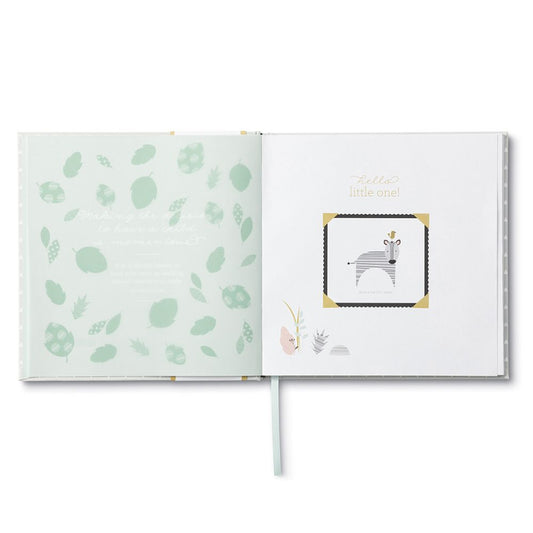 We know that living a plastic-free life can be a challenge. Plastic seems to be everywhere. At the grocery store, at the coffee shop, and upon closer look, all around your home, including the kitchen sink! A clean kitchen without plastic is possible by choosing cleaning equipment that is made with natural materials and using natural cleaners that you mix together in a bucket or a jar. It's about going back to basics as our grandparents lived: simply and smartly. Read on as we show you how to clean your kitchen without plastic.
We know that living a plastic-free life can be a challenge. Plastic seems to be everywhere. At the grocery store, at the coffee shop, and upon closer look, all around your home, including the kitchen sink! A clean kitchen without plastic is possible by choosing cleaning equipment that is made with natural materials and using natural cleaners that you mix together in a bucket or a jar. It's about going back to basics as our grandparents lived: simply and smartly. Read on as we show you how to clean your kitchen without plastic.
Products featured in this post
Vendor:
Corrynnes
Regular price
$5.95
Regular price
Sale price
$5.95
Unit price
/
per
Vendor:
If You Care
Regular price
$11.95
Regular price
Sale price
$11.95
Unit price
/
per
Back soon
EXPLORE MORE TOPICS
BEAUTY | CLEAN | ECO HOME | DIY RECIPES | ENVIRONMENT | FASHION | GROW | STORIES
New arrivals
-
Vendor:MiessenceRegular price $14.50Regular priceUnit price / per
-
Vendor:MiessenceRegular price $14.50Regular priceUnit price / per
-
Vendor:MiessenceRegular price $14.50Regular priceUnit price / per
-
Vendor:Booja-BoojaRegular price $28.95Regular priceUnit price / per
-
Vendor:Booja-BoojaRegular price $28.95Regular priceUnit price / per
-
Vendor:Mummy MeegzRegular price $7.95Regular priceUnit price / per
-

 Back soonVendor:Mummy MeegzRegular price $11.95Regular priceUnit price / per
Back soonVendor:Mummy MeegzRegular price $11.95Regular priceUnit price / per -
Vendor:EucloveRegular price $36.27Regular priceUnit price / per
$39.90Sale price $36.27Sale -
Vendor:EucloveRegular price $36.27Regular priceUnit price / per
$39.90Sale price $36.27Sale -
Vendor:CompendiumRegular price $28.95Regular priceUnit price / per
-
Vendor:CompendiumRegular price $39.95Regular priceUnit price / per
-
Vendor:CompendiumRegular price $34.95Regular priceUnit price / per
1
/
of
12

